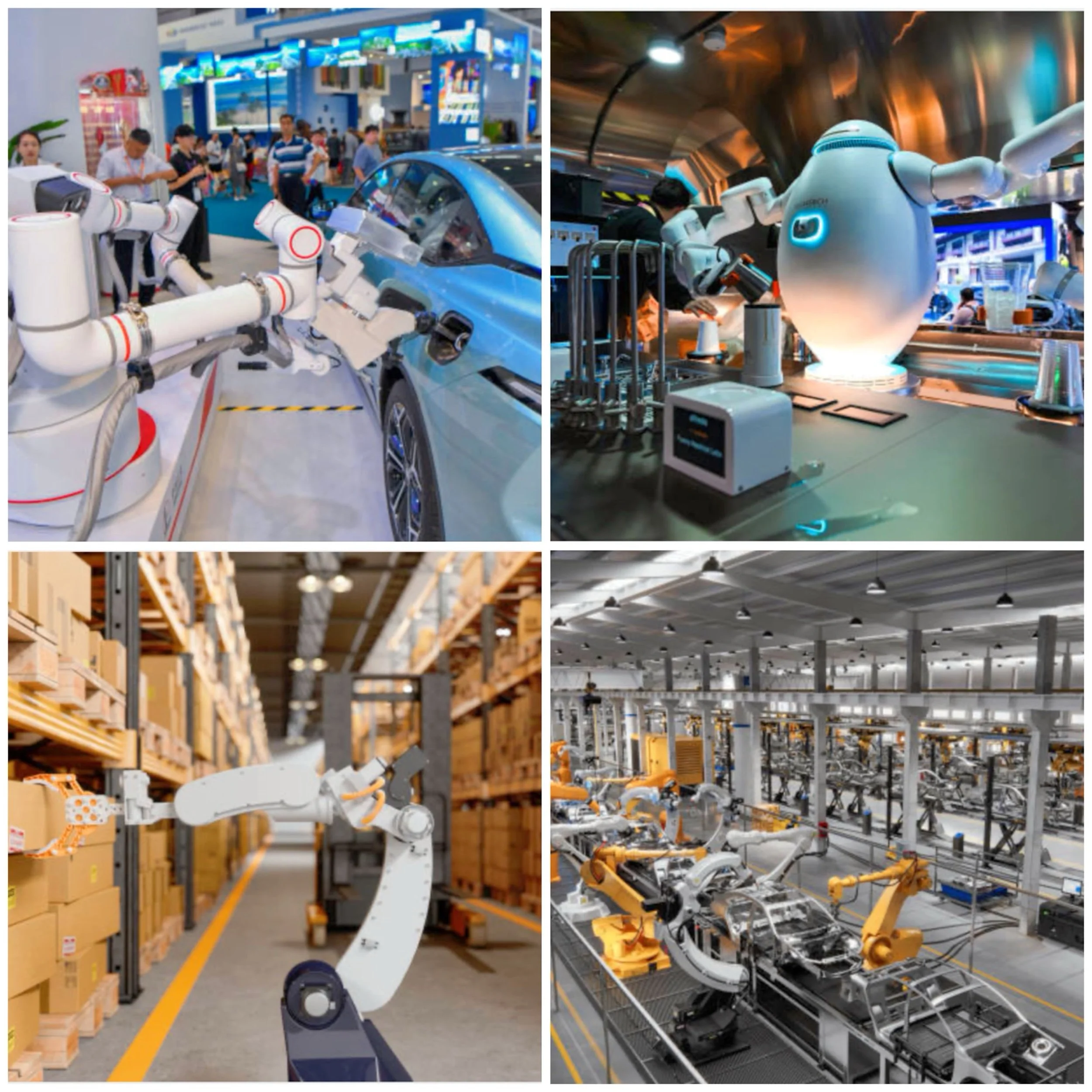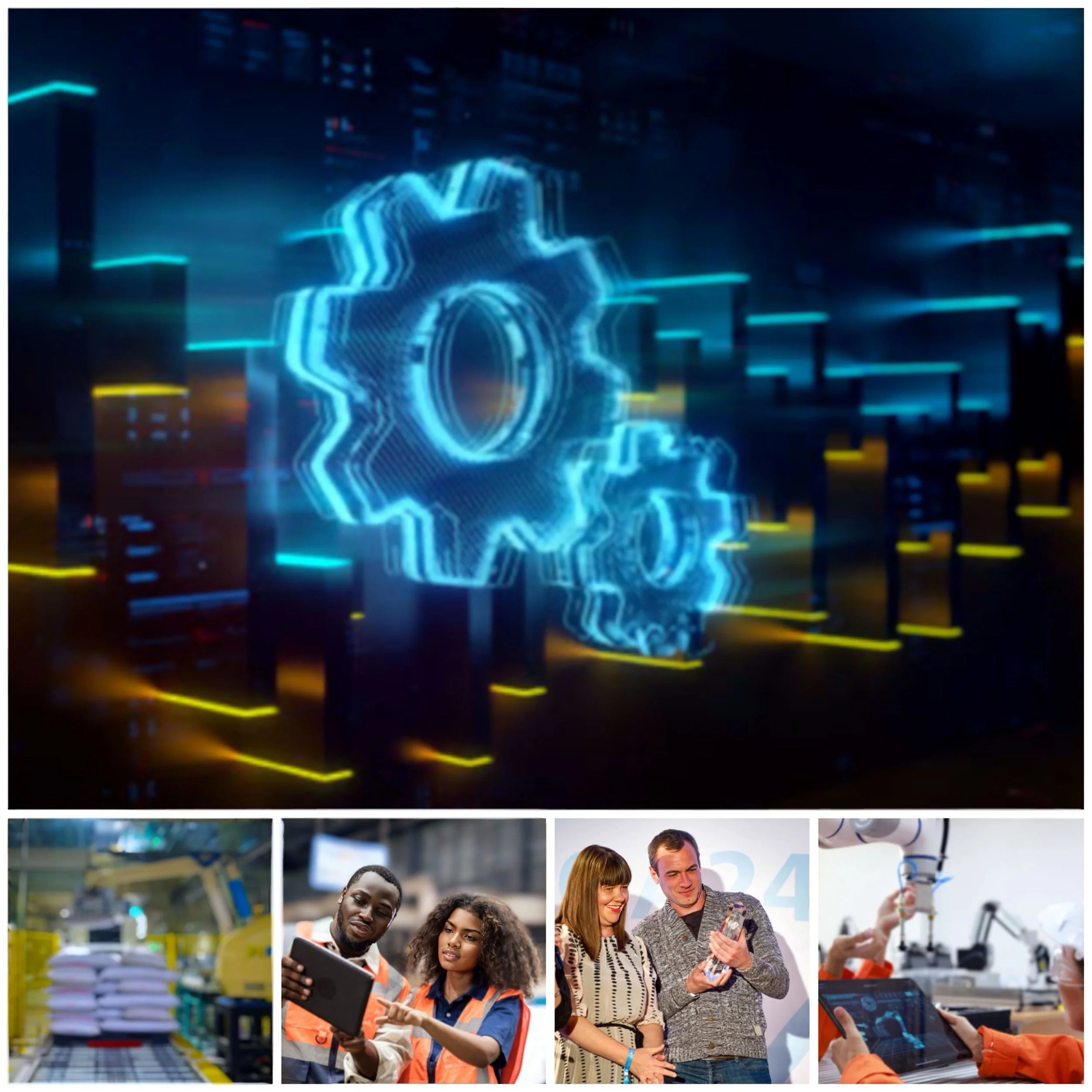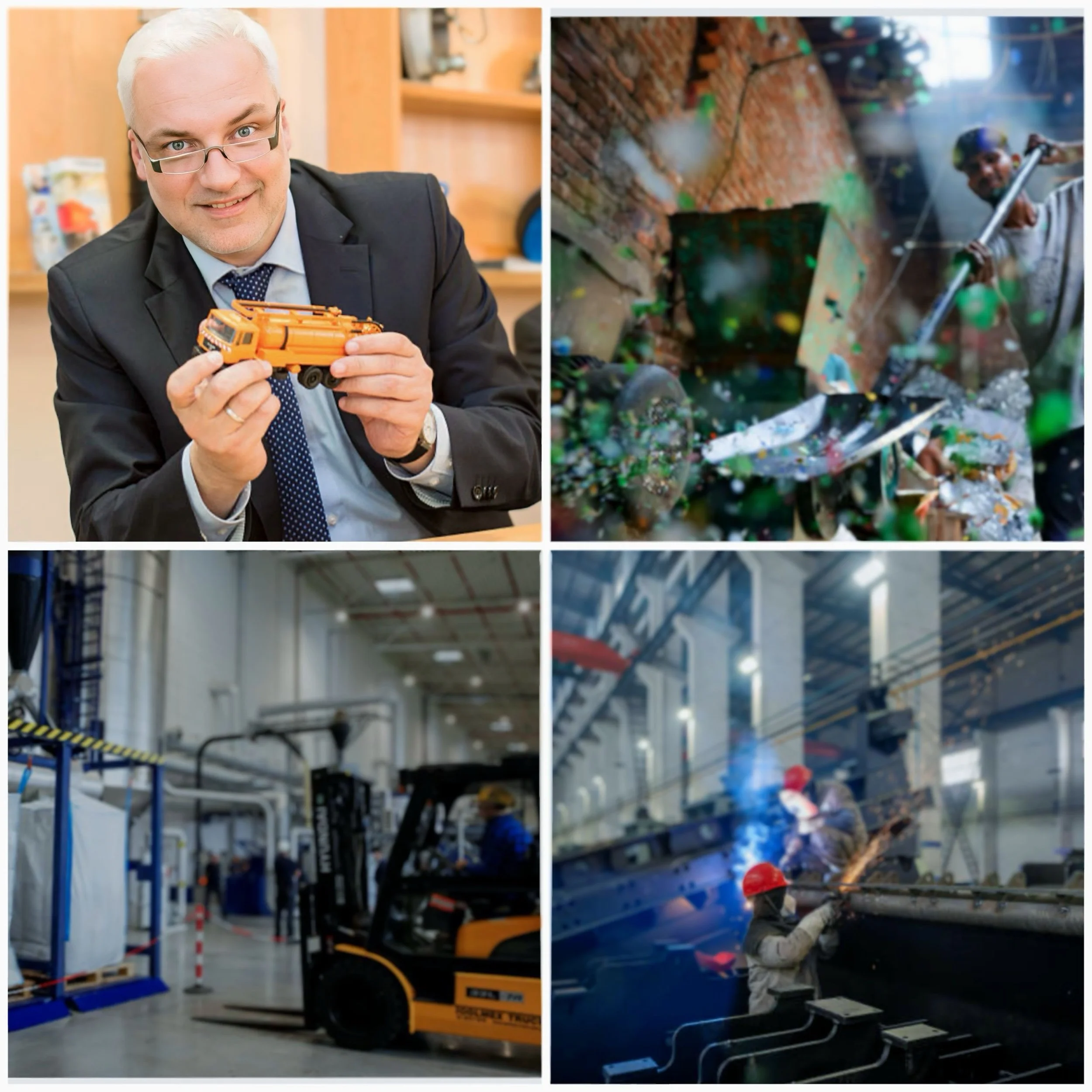Is AI improving quality, efficiency and bottom line in manufacturing
Introduction
Artificial Intelligence (AI) is markedly enhancing quality, efficiency, and profitability within the manufacturing sector. Below are some pivotal ways in which AI is transforming the industry:
Quality Enhancement
Advanced Quality Control
AI-driven quality control systems are revolutionizing defect detection and ensuring product consistency:
- Computer vision and machine learning algorithms can identify even the most minute defects that may elude human inspectors.
- AI can achieve up to 90% accuracy in defect detection, thereby enhancing overall product quality.
- BMW Group employs automated image recognition to compare component images during production, identifying micrometer-sized defects within milliseconds.
**Real-Time Process Optimization**
AI facilitates continuous monitoring and adjustment of manufacturing processes:
- AI analyzes data from sensors and equipment in real-time to pinpoint inefficiencies and recommend improvements.
- Siemens utilizes AI to optimize production lines, adjusting machine settings on-the-fly to enhance efficiency and minimize material waste.
Efficiency Enhancements
Predictive Maintenance
AI-driven predictive maintenance is minimizing downtime and extending equipment lifespan:
- Machine learning algorithms analyze sensor data to forecast maintenance needs, preventing unanticipated breakdowns.
- This strategy can decrease machinery downtime by 35% to 45% and lower maintenance costs by up to 25%.
Supply Chain Optimization
AI is optimizing inventory management and logistics:
- Machine learning algorithms forecast demand, manage inventory, and streamline logistics.
- Early adopters of AI in supply chain management have observed enhancements of up to 65% in service levels, 35% in inventory levels, and 15% in logistics costs.
Performance Optimization
AI is enhancing overall operational efficiency:
- General Electric employs AI algorithms to analyze extensive data sets, identify trends, and predict equipment issues.
- Manufacturing operators utilizing AI have reported a 10% to 15% improvement in production processes and a 4% to 5% increase in EBITA.
Impact on Profitability
Cost Reduction
AI is enabling manufacturers to substantially lower production costs:
- Predictive maintenance reduces downtime and related expenses.
- AI-driven process optimization results in reduced waste and more efficient resource utilization.
- Energy management AI systems can decrease energy costs and mitigate environmental impact.
Increased Productivity
AI is elevating productivity across manufacturing operations:
- AI-driven automation allows employees to focus on more creative and high-value tasks.
- Volkswagen employs AI to optimize assembly lines, thereby enhancing productivity.
Innovation and Design
AI is expediting product development and fostering innovation:
- General Electric utilized AI to cut design time for turbine blades from two days to a mere 15 minutes.
-AI-powered generative design tools help create innovative and efficient product designs.
conclusion
AI is proving to be a game-changer in manufacturing, driving improvements in product quality, operational efficiency, and financial performance. As AI technologies continue to evolve, their impact on manufacturing is likely to grow even further, reshaping the industry and creating new opportunities for innovation and growth.







